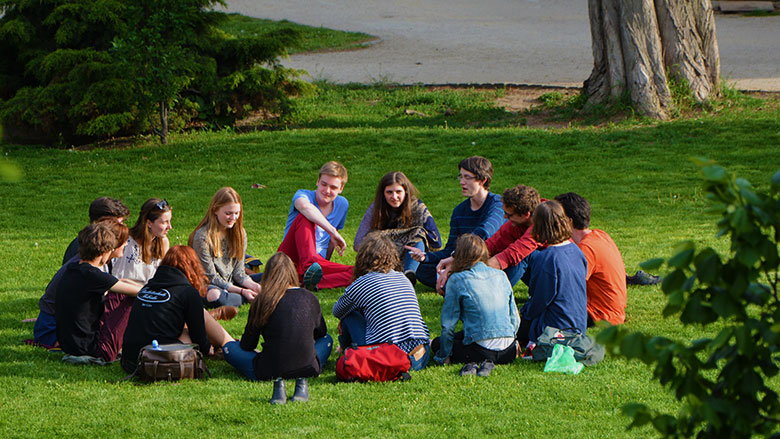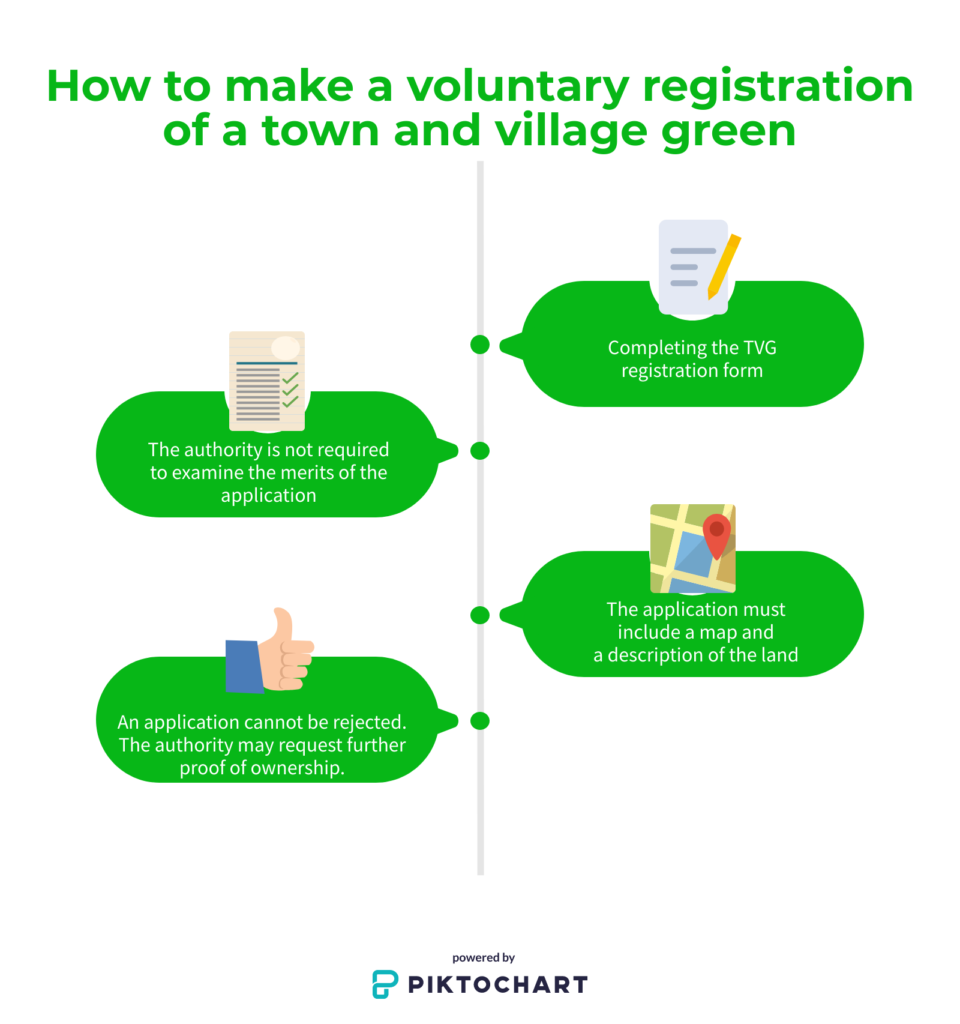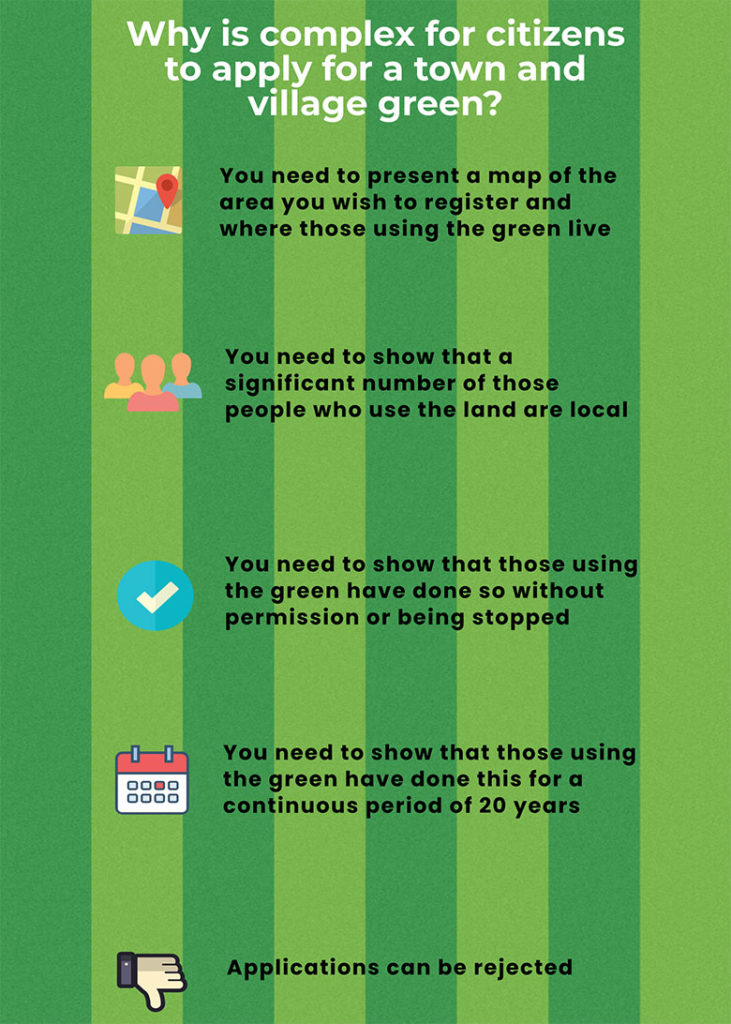Opens Spaces Society calls on local authorities to protect people’s open spaces from further development

Local authorities should voluntarily register their open land as town or village greens, according to a leading campaign group.
The Open Spaces Society, Britain’s oldest national conservation body, is calling on landowners to take action so that the green spaces people use for recreation will be protected from further development.
“Local Councils should be doing this because they hold land for the good of the community, they are public bodies, and therefore they should be protecting it,” says Kate Ashbrook, General Secretary of the Open Space Society.
Town and village greens are areas of land where local people have enjoyed informal recreational activities such as sports or other pastimes. Green status is intended to protect the land from development.
Anyone can apply to register land as a green, as long as they can prove that it has been used in the last 20 years by people legitimately without permission.
What the Open Spaces Society is campaigning for, however, is voluntary registration by landowners of their land because it could help make the process much more streamlined.
Among the advantages for people of having green spaces to meet in is the fact that it is safer for them to do so outdoors.
“The benefits for people would be outdoor meeting spaces. People could make connections with each other,” says Louise Gray of South Riverside Community Development Centre, a charity addressing poverty and wellbeing in the area of Riverside, Canton and Grangetown in Cardiff.
“We have got an absolute epidemic of loneliness happening at the moment it could be very much part of the process of coming out. It has the advantage of being outdoors so therefore is much safer from any type of infection.”

“Village greens or small areas are already going to be built up, they are going to be the centers of the natural meeting places for people anyway, and to develop those into more people and cycling friendly spaces is a really nice and positive idea that doesn’t impact on development particularly,” says Louise Gray.
However, without the help of landowners, the process for citizens to apply has become more difficult since 2013 when the UK government announced that it was stopping the right to apply for a town and village green two years after a draft local plan is published for consultation.
The reason for this, according to the Department for Environment, Food and Rural Affairs (DEFRA), is that “loopholes in the system have been increasingly abused by people trying to stop local development”.
“People tend to take their land for granted; they are using it, they are enjoying it, they don’t know who the landowner is, but the landowner has never stopped them. And then, is threatened, so they naturally want to protect it, and naturally they want to assert their rights, which in a fact they have already got because they have been using the land for so long but they just haven’t recorded their rights there,” says Kate Ashbrook.
“It’s not a deliberate ploy to stop development, it would have been in one or two cases, but generally speaking is a desperate plea to try to save a piece of open space that people care about,” says Kate.

